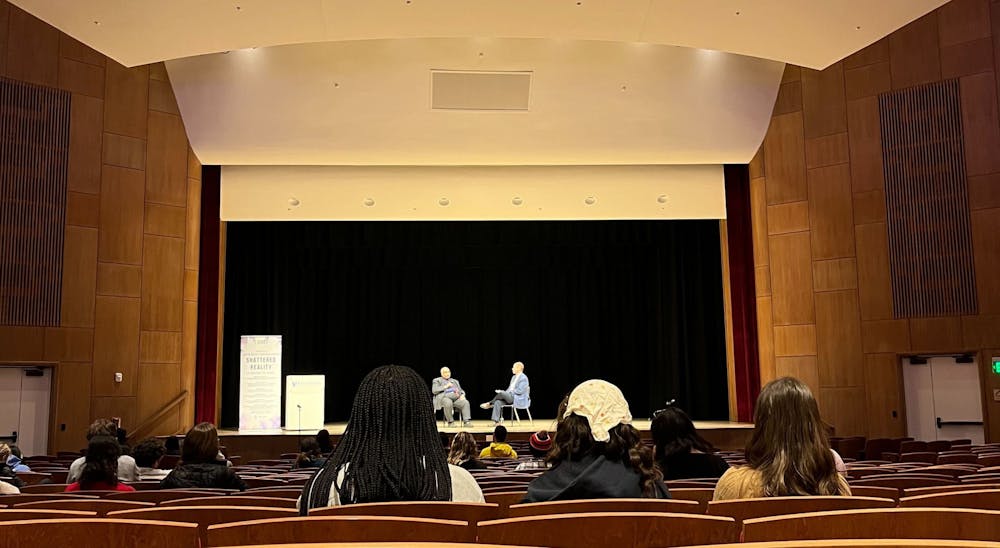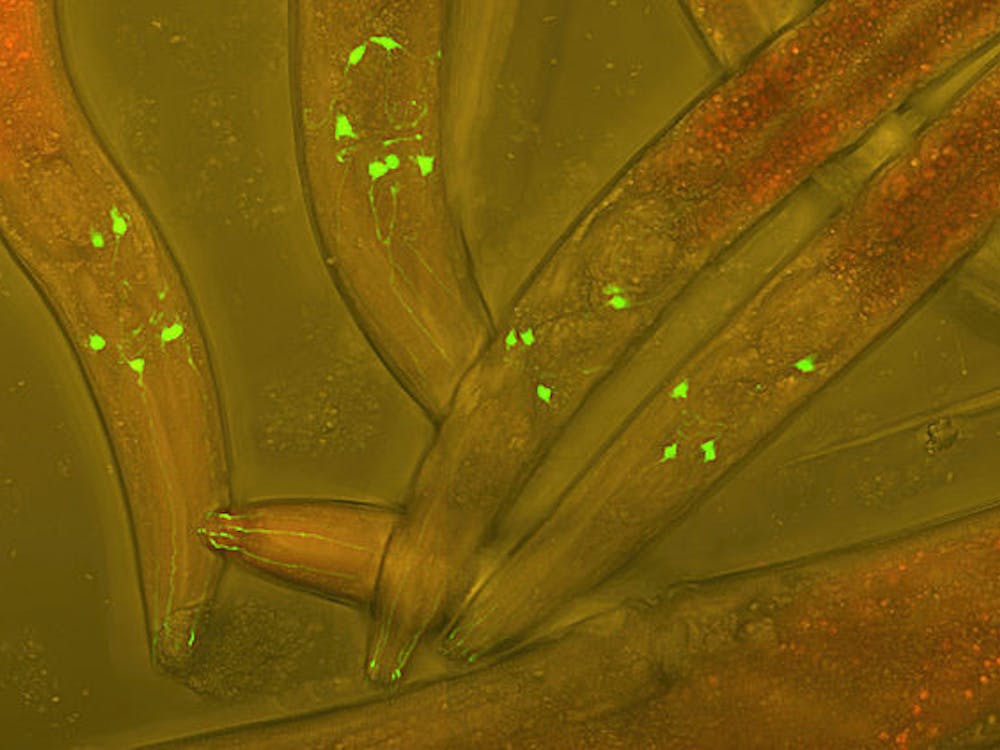The Foreign Affairs Symposium (FAS) hosted Georges C. Benjamin, executive director of the American Public Health Association (APHA), to discuss his work on April 19.
This event was the sixth and final installment of this year's “Shattered Reality: Reimagining the Future” speaker series, which was organized by FAS Co-Executive Directors Daphne Tang and Maiss Mohamed. Conan Dickson, an associate scientist at the School of Public Health and professor at the School of Arts and Sciences, moderated the event.
Benjamin has served as the executive director of the APHA for 20 years. Before that, he served as the secretary for the Maryland Department of Health, overseeing the expansion of the state’s Medicaid program.
In an email to The News-Letter, Mohamed explained how Benjamin’s talk contributed to this year’s theme.
“As we work to recover from the current pandemic, public health is really at the crux of our shattered reality theme and Benjamin allowed our audience to explore that,“ she wrote.
He presented the APHA as a cross between a trade association and consumer group that performs a mixture of education, advocacy and policy work.
“My day is talking to the media, especially taking part in the day-two coverage of stories,” he said. “I talk about what I think about developments, trying to frame the discussion of health policy in the public’s mind with the goal of building support for good public health practices.”
According to him, the APHA’s focus has shifted throughout the pandemic, from communicating the guidelines of mask usage to defending the efficacy of masks in the face of politicalization.
Throughout the rest of his talk, he elaborated on the lessons learned from the pandemic.
He identified the nationwide recognition of health disparities as one of the positive impacts of the COVID-19 pandemic, though he questioned if the country will work to mitigate these inequities.
“We need to move upstream to deal with social determinants of health, which include transportation systems and housing,“ he said. “If you tell people to get tested, but they have to take three buses get to the site, only car owners go. We repeated that mistake with vaccinations: Limited hours were offered, so folks who do shift work couldn't get vaccinated. We need to front load all that stuff.”
He emphasized the importance of understanding the origins of failures within the healthcare system in order to better inform future public health efforts.
In an email to The News-Letter, sophomore Bella Zuccaroli expressed her appreciation for Benjamin's emphasis on collaboration among nations.
“Public health truly is something that requires collaboration not only across single nations but across the world,“ she wrote. “Therefore, realizing that using each other as resources to promote worldwide public health is crucial to success.”
Benjamin referred to public health as a discipline that is both data driven and people driven. Moving forward, he hopes to see further innovation in modeling and data transmission, as well as growth in the workforce to secure the future of public health.
In an interview with The News-Letter, sophomore Téa Baumgartner expressed her appreciation for Benjamin’s connection of health inequities to career prospects.
“I found his career advice and outlook very insightful. As he said, there are so many ways for us as professionals to get involved in establishing widespread access to quality healthcare,“ she said. “I like how he emphasized the importance of choosing a route under that umbrella that combines individual passions with community empowerment.”
Tang reflected on the success of the symposium’s first in-person speaker series after two years in an email to The News-Letter.
“It was challenging organizing an in-person speaker series during a pandemic, but the 22 of us in FAS worked our hardest to make this happen,” she wrote. “We have enjoyed working with the best team ever, and seeing the success of six events with hundreds of attendees made everything that much more worth it.”





